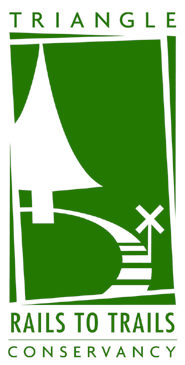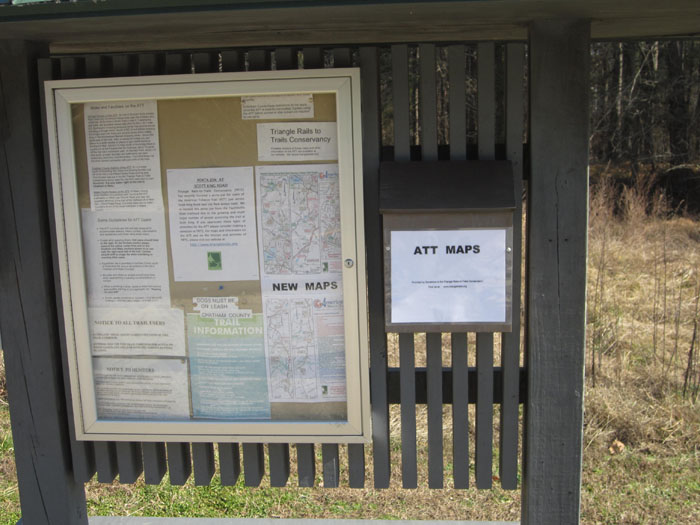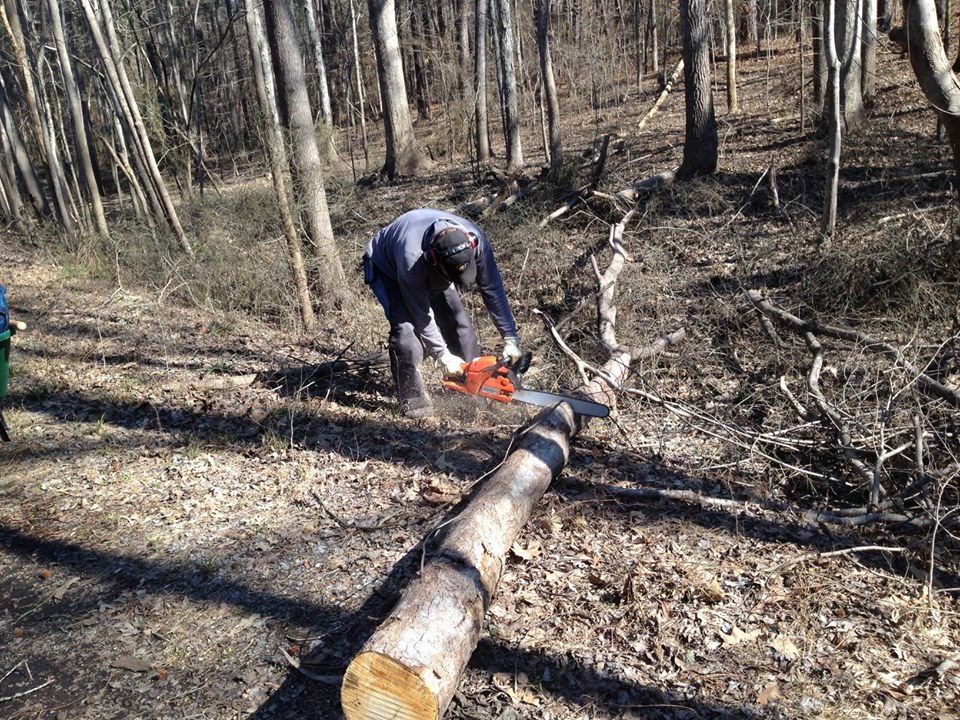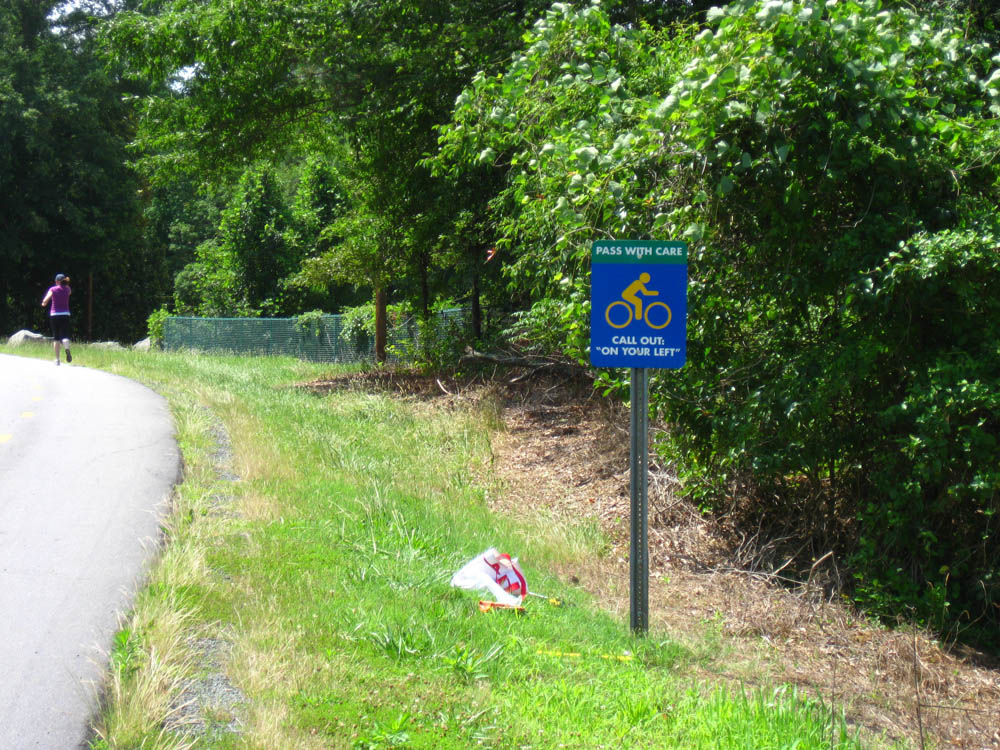On September 10th Durham took a first step towards planning for the future acquisition and development of a 2.2 mile rail corridor in downtown Durham. The Duke Beltline is a rail spur that rings the western and northern portions of downtown. Supporters of a rails-to-trails conversion see it as a complement to the American Tobacco Trail and other city greenway projects.
Federal officials have awarded Durham a $222,700 grant the city can use to fund planning for a new trail along the Duke Beltline rail corridor.
U.S. Reps. G.K. Butterfield, D-1st, and David Price, D-4th, issued a joint statement Wednesday evening announcing the decision by the U.S. Department of Transportation.
Butterfield made a point of thanking Secretary of Transportation Anthony Foxx, a former mayor of Charlotte, for supporting the application.
The grant replied to an application from the city government, which hopes someday to acquire the downtown-ringing Beltline from the Norfolk Southern Corp.
City Manager Tom Bonfield said the planning work should bolster the city’s case if and when it comes time to seek outside funding for an acquisition. “If we were going to look for philanthropic support from the private sector, the foundation or business world, it was difficult to do that without a plan or strategy or some visual representation of what we’re talking about,” Bonfield said, summarizing the advice officials have solicited from organizations who might be able to help.
Officials will need to come up with a $75,000 local match, with private contributions being a potential source of at least some of that money.
City Transportation Director Mark Ahrendsen said in putting together the grant application, officials touched base with Duke University, Downtown Durham Inc. and the people behind the American Tobacco complex and the proposed Durham Innovation District. They “indicated if we were successful [in landing the planning grant], we’d be returning to them,” Ahrendsen said. “They were open to that, but no commitments were made at that time. We will follow up with the private interests that expressed support for the project.”
He added that the grant is supposed to pay for the creation of a master plan for a trail project along the beltline, to include “trail development guidelines, [construction] phasing and a funding strategy.” Officials in assembling the application figured the work will take about a year. It can’t begin until they nail down grant agreements with the federal government and the N.C. Department of Transportation, and select a consultant. The city’s timetable calls for the administrative spadework to be completed by the end of the year and the selection of the consultant to take place by the spring. That would translate into a completed plan sometime in early 2016, Ahrendsen said. Acquisition talks between the city and Norfolk Southern bogged down in 2013 after the railroad said it wants $7.1 million for the corridor. The city had $2 million on hand thanks to a Price-secured federal appropriation. The project gained new life this year when a Virgina-based trust, The Conservation Fund, signaled interest in lending a hand. Its North Carolina operation is led by Bill Holman, a former Sierra Club lobbyist, state administrator and Duke University policy analyst. Bonfield said representatives of The Conservation Fund and the railroad have met several times and, while not making any deals yet, are having “fruitful talks” about the Beltline. Holman confirmed that talks are continuing.
To date, the conversations are about “seeing if we can get together an agreement on what the property is worth,” as a preliminary to figuring out “how to pay for it and how quickly to pay for it,” he said. But “both parties are very interested in working things out,” Holman said. Holman added that the planning grant “will help a lot.”
“There are opportunities to bring other public and private funds into the project,” he said. “Having a great plan developed [using the grant] will aid those interests.”




